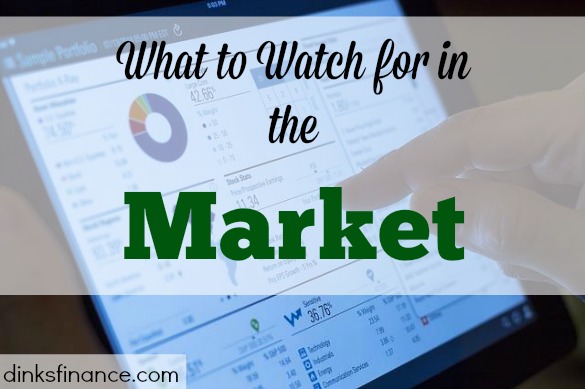 As of April 1, 2011 I have happy to say that my small retirement savings account continues to grow. I am a balanced investor which means that I don’t like to take too much risk, but I also want my money to grow over the long term. I am currently 30 years old, and I have at least another 25 years until I retire. Therefore, I am not too worried about short term fluctuations in the value of my retirement savings accounts.
As of April 1, 2011 I have happy to say that my small retirement savings account continues to grow. I am a balanced investor which means that I don’t like to take too much risk, but I also want my money to grow over the long term. I am currently 30 years old, and I have at least another 25 years until I retire. Therefore, I am not too worried about short term fluctuations in the value of my retirement savings accounts.
I started to invest in this particular retirement savings account in July 2009, and I am happy to report that my retirement savings account has been steadily growing over the last year and a half. However, I have a feeling that this is about to change.
In this retirement savings account I invest only in Mutual Funds. I do hold some individual stocks in Disney and other large corporations in another account, but in this account I hold only Mutual Funds. The original book value of my retirement savings account was $13,560.09. The book value is the total value originally invested, as well as any reinvested distributions. I have made some changes to my Mutual Funds to include a more aggressive asset allocation.
Here is the current Breakdown of my Retirement Savings Account:
Fund Name Average Unit Cost Current Unit Price
Canadian Index Fund $24.90 $26.32
Canadian Bond Index Fund $11.51 $11.39
Emerging Markets Bond Fund $9.34 $8.31
Canadian Equity Income Fund $22.58 $23.57
The total current market value is $15,393.30. This is an increase of $1833.21 or 13.52%. A normal balanced investor or mutual fund should earn an annual rate of return of 6-8%. What does this mean? It means that my overall retirement savings account performance is average and right on target.
What to Watch for in the Market Over the Next Few Months
As the market slowly recovers over the next few months until the end of the year we should see interest rates start to rise. This means that the value of fixed income instruments such as bonds will decline. The current value of my Canadian Bond Index Fund is less than I paid for it; therefore I will not sell it.
I am prepared for it to drop in value over the course of the year. The good thing about investing bonds indirectly via a Mutual Fund as opposed to buying a bond directly on the market is that the Mutual Fund Manager buys several different bonds with different maturity dates and interest rates. I am not locked into only one fixed bond.
With the current crises around the world in Haiti, Chile, Northern Africa, the Middle East, and Japan it is no surprise that the Emerging Markets Bond Fund is currently also trading at a loss. However, it is predicted that Emerging Markets will really start to emerge in the world economy throughout 2011. This is for reasons such as exporting of untapped resources, as well as manufacturing and production companies moving to countries where labour is cheaper to cut costs.
India is an emerging country to watch because of all the customer service business they are attracting from North American companies. India has the largest English speaking workforce outside of North America. Over the next few years Brazil will host both the Olympics and the World Cup of Soccer. This is guaranteed to help Brazil’s economy emerge.
Photo by Light Speed



No Comments yet!